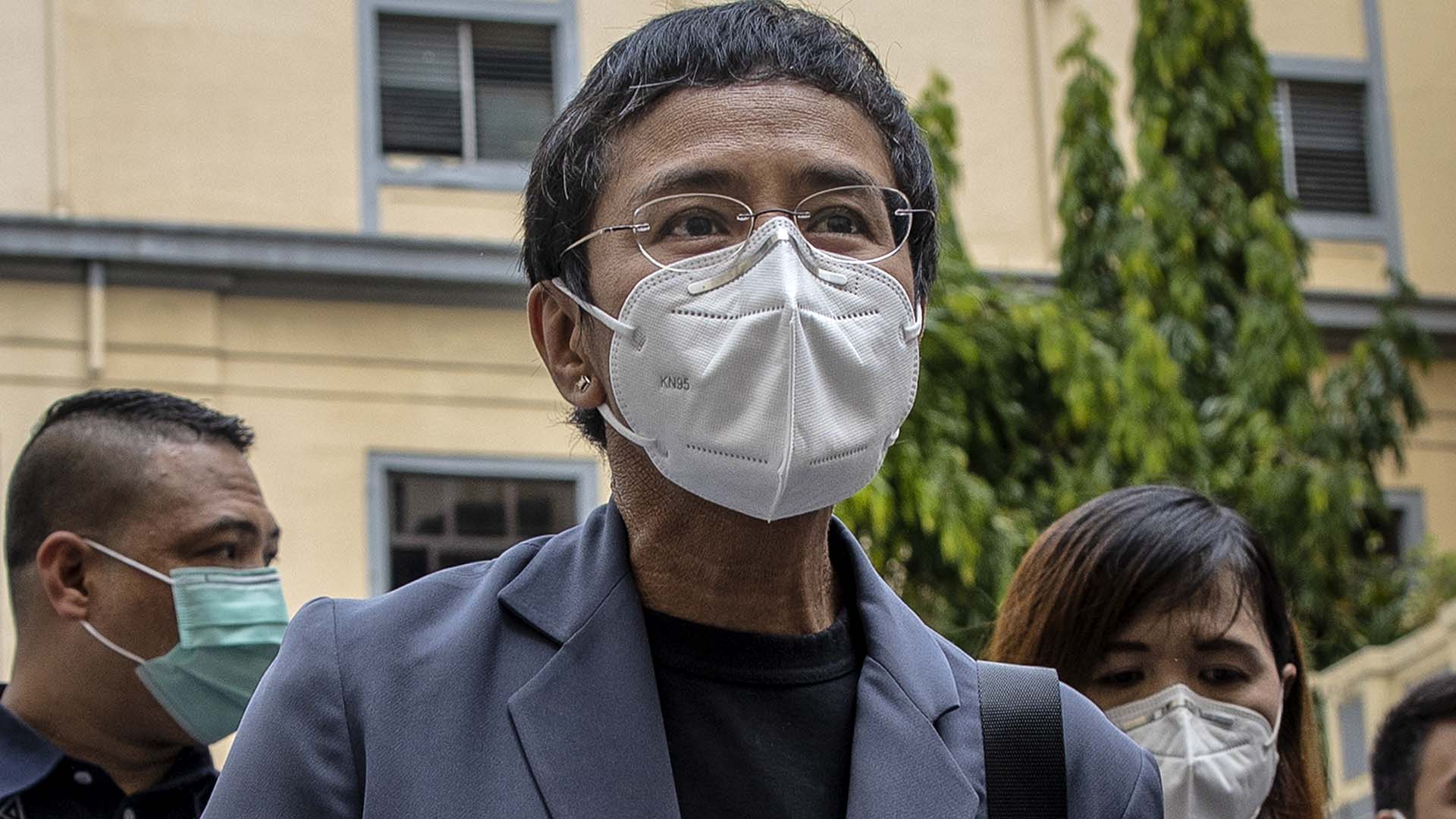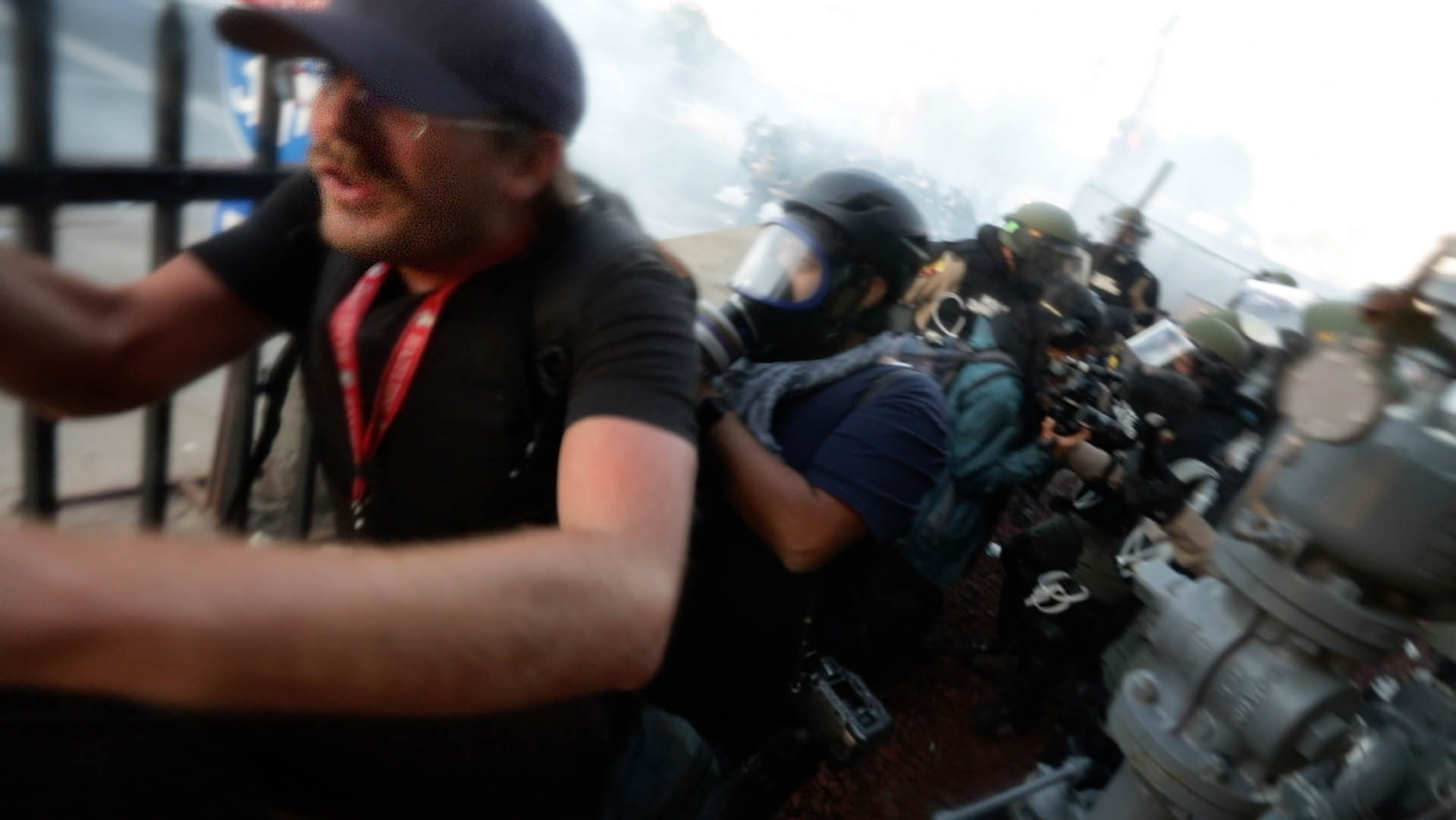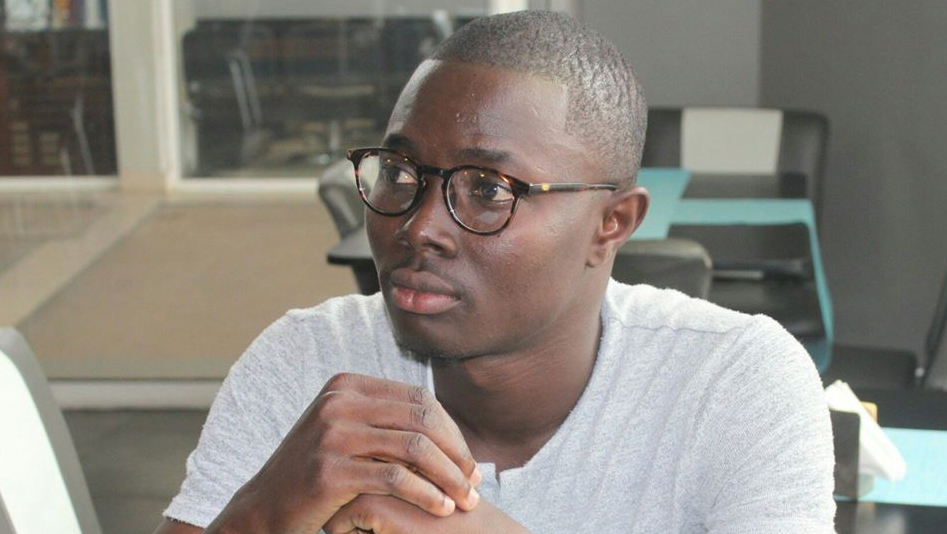Prominent Filipino journalist Maria Ressa has been convicted of cyber libel and could face up to six years in prison in a case that has been condemned as an attack on press freedom in the Philippines.
Both Ressa, who runs influential news website Rappler and is a member of the International Consortium of Investigative Journalists, and a former Rappler researcher Reynaldo Santos Jr were found guilty over a story originally published in 2012.
The pair are entitled to post-conviction bail, and can appeal the verdict. Speaking at a press conference after the announcement, Ressa appealed to fellow reporters and her compatriots to continue fighting for press freedom.
“Freedom of the press is the foundation of every single right you have as a Filipino citizen. If we can’t hold power to account, we can’t do anything,” she said.
ICIJ Director Gerard Ryle commended Ressa for her courage and resolve in a rapidly deteriorating and dangerous media environment, and said ICIJ was aghast at the ongoing attacks on press freedom in the Philippines.
“Maria’s work in the Philippines has been pivotal in holding an increasingly authoritarian state to account, and it is shocking to see the legal system being abused to intimidate and silence Maria and her colleagues,” he said.
Journalists and press freedom activists around the world condemned the court’s verdict, including the Committee to Protect Journalists’ Southeast Asia representation Shawn Crispin, who called the conviction a “crime against press freedom.”
“Ressa’s wrongful conviction sends a message to all journalists that you could be next if you report critically on President Rodrigo Duterte’s government,” he said.
Human Rights Watch issued a statement that said the news was a “devastating blow to media freedom” that would reverberate through the region.
“The verdict against Maria Ressa highlights the ability of the Philippines’ abusive leader to manipulate the laws to go after critical, well-respected media voices, whatever the ultimate cost to the country,” said Phil Robertson, HRW’s deputy Asia director.
#IStandwithMariaRessa The justice system in the Philippines has been weaponized vs press freedom. Thanks for holding the line, @mariaressa @rapplerdotcom
— Sheila Coronel (@SheilaCoronel) June 15, 2020
Duterte has denied that the charges were politically-motivated – but has also previously dismissed Rappler as “fake news” and issued violent threats against journalists in the Philippines.
Rappler has reported critically on Duterte’s administration, with extensive coverage of the president’s war on drugs that has killed thousands of people.
The cyber libel case was one of a number of charges pending against Ressa, who is also facing a libel prosecution and criminal investigations into her financial affairs – cases which her lawyers said aim to “criminalize her reporting.”
The Philippines was ranked 136 out of 180 in the Reporters Without Borders 2020 World Press Freedom Index.



